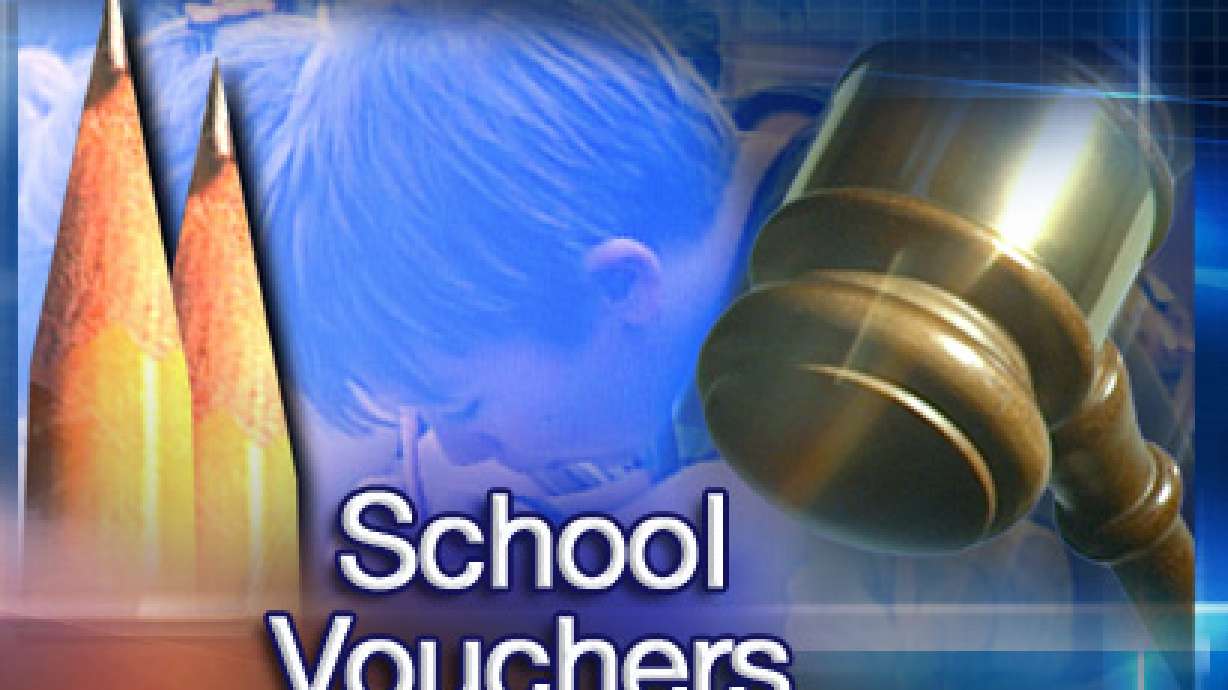Estimated read time: 3-4 minutes
This archived news story is available only for your personal, non-commercial use. Information in the story may be outdated or superseded by additional information. Reading or replaying the story in its archived form does not constitute a republication of the story.
Richard Piatt ReportingYou may have noticed Eyewitness News has become embroiled in the battle over school vouchers. It's a result of our story last month analyzing the truth in advertising about the school voucher issue.
The heated debate now is focusing on two particular issues: what standards voucher schools need and how vouchers really will impact public schools.
The goal always has been to offer clarity to the issues we report on. Vouchers are no different. Yet, in the heat of the battle, our effort to un-spin the spin in voucher ads has, itself, been spun into a new round of rhetoric. In the interest of clarity, to help you make up your own mind on how to vote, here's more information on some key points of contention on Referendum One.
Our "Truth Test" reported that people taking advantage of vouchers could affect public school class sizes, as one ad claims. But we went on to question the real difference it would actually make. If you listened to the story closely, you heard our "True" stamp was really a "True, but..." As we pointed out, the "savings" would actually be three-tenths of one percent of the huge $3.5 billion education budget.
We also looked at Congressman Rob Bishop's ad that claims vouchers would be financially "good for public schools." We reported true, but pointed out the voucher program is a net cost to the state, depending on how many vouchers are issued. The cumulative financial impact over those 13 years is the $429 million commonly cited in anti-voucher ads, a figure Utahns for Public Schools says we also should have used in our first report.
The anti-voucher ads, however, consistently say that money would be "diverted from public schools." Again, as we pointed out, voucher money would come from the state's general fund. It's true that might someday be education money, but that is clearly not a matter of fact. The money could be used for transportation, corrections, law enforcement, and so on. That's up to future legislatures and is not spelled out in the voucher law.
About standards, we pointed out how anti-voucher ads about accreditation and accountability claim there are few or none, but clearly, there are some. However, those standards may not be anywhere near the standards and accountability set up for public education.
Public schools must be accountable to the state about everything from attendance to test scores, teacher licensing, school accreditation, textbooks, financial audits and more. Voucher schools are required to give students one norm-referenced test. Teachers have to have a college degree or special skills, knowledge or expertise in the subjects taught. Schools may or may not be accredited.
It's a highly-charged, emotional subject, and both sides firmly believe their own rhetoric. Rest assured, the debate won't end after Tuesday's election, regardless of which way voting goes.
Indeed, the KSL Editorial Board has aired an editorial stating that it is opposed to Referendum 1. KSL strongly encourages all citizens to carefully and independently research this and other political issues before casting their votes at the polls.








